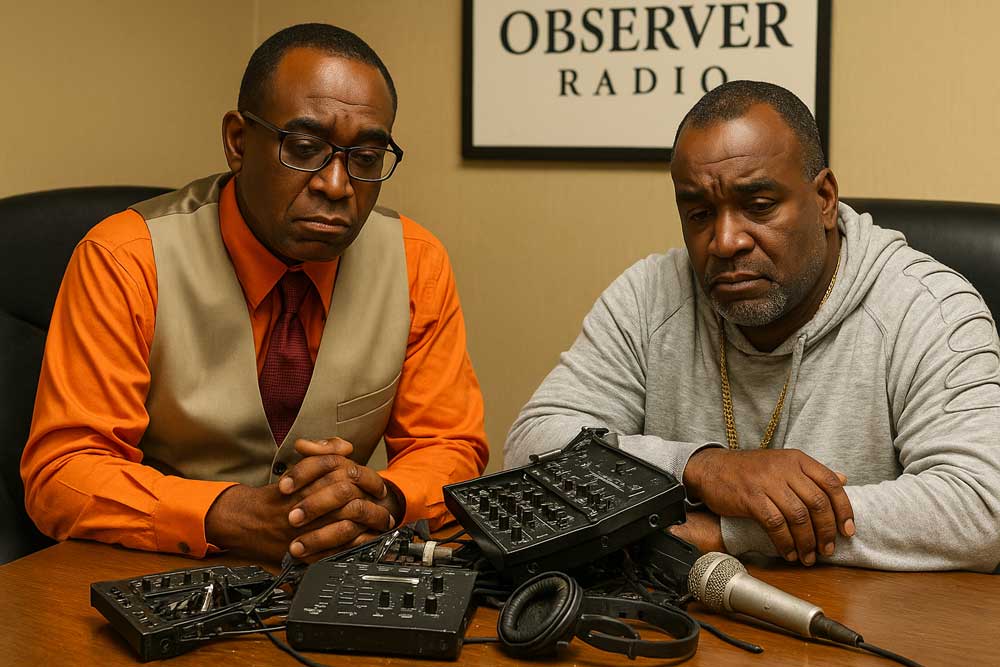Legal Labyrinth: Should Marguerita Nichols Face Jail Time Over $900 Million Fraud allegations?
(Inside Edition’s broadcast branding Nichols as “Jane Doe” while announcing a $900 million judgment.)
In a sensational headline, Inside Edition declared: “Billionaire Ordered to Pay $900 Million in Sexual Assault Case.”
Yet, the narrative behind this announcement raises critical questions about justice versus fraud. The woman identified as Jane Doe is, in reality, Marguerita Nichols, prompting a much deeper inquiry: should Nichols herself be facing jail time for what is being suggested as fraud in court?
The $900 Million Shakedown
This staggering sum of nearly one billion dollars appears less about compensation and more about manipulating the judicial process. Nichols initiated the lawsuit, but key figures such as Gloria Allred, Joseph Chora, Tom Girardi, and David Boies stood behind her, suggesting a network of legal operators whose methods raise serious concerns.
Fraud on the Court, Buried Evidence
Documents unearthed—including Mary Rizzo's text messages and whistleblower testimonies—point to substantial inconsistencies in Nichols’ statements. These revelations indicate possible perjury and manipulation, showcasing a potential design not for justice but for a strategic financial win primarily benefiting certain legal practitioners.
Accountability Runs Both Ways
If Nichols conspired with legal figures to perpetuate this fraud, she too should face consequences. This situation highlights that merely placing the blame on the accused overlooks potential negligence by the accuser and their legal advisors in the pursuit of profit instead of true justice.
The Bigger Picture: The Cartel Exposed
This situation isn't solely about Nichols; it symbolizes a broader media-legal-corporate cartel that manipulates the justice system. With names like Allred and Boies leveraging the legal framework to serve their interests, and mainstream channels like Inside Edition amplifying this narrative without thorough scrutiny, the implications are dire: what constitutes factual justice in today's world?
As investigations continue and fraudulent cases collapse internationally, the focus returns to Nichols. Was she a victim, or an orchestrator of a grand scheme? The layered complexities of the case challenge the concept of truth in our legal system, raising the provocative question: Should Marguerita Nichols go to jail for her alleged role in a calculated fraud?



















